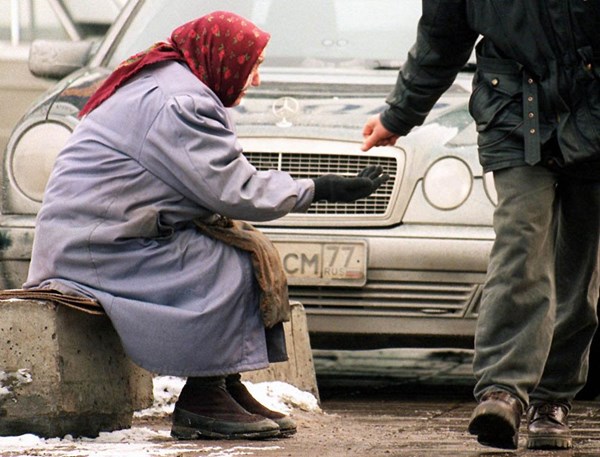Europe holds the cards: EU's sanctions could make or break Russian economy
Contrary to Kremlin propaganda, time doesn't heal – sanctions are gradually strangling the Russian economy, and it's Europe that holds the key to Russia's economic fate. Despite Washington's loud announcements, the critical mechanism of sanction pressure on Russia is not in the US but in the hands of the European Union, reports the French newspaper Le Monde, explaining that it is Europe, not America, who has the real power to paralyze the Kremlin's economy. While Moscow celebrates progress in relations with the US, its dealings with Europe are deteriorating, and what's worse is that Brussels has no intention of making concessions that Russia desperately needs.
Russia's exports to the US in 2022 amounted to $35 billion. Meanwhile, before the war, Russia's trade turnover with Europe exceeded $350 billion, ten times that with the US. Russia is economically tied not to Washington but depends on Brussels, Paris, and Berlin.
As Le Monde writes, even if the US were to lift sanctions, the impact would be limited because Russia's Central Bank assets are frozen in Euroclear, the Belgian depository, and SWIFT, the international banking system, is also in Belgium and remains closed to Russian banks. The Russian economy remains isolated from Western capital and transparent financial flows; even Russian oil already bypasses sanctions, and the lifting of US restrictions won't critically affect exports, as Europe maintains its price cap.
Contrary to Kremlin propaganda, time doesn't heal – sanctions are gradually suffocating Russia's economy. Inflation, interest rates, dependency on China, and the breakdown of transparent financial mechanisms all strip Russia of its recovery potential. The Kremlin awaits the lifting of sanctions not from a position of strength but out of desperation.
Europe's problem lies elsewhere: sanctions decisions are made unanimously, and countries like Hungary might again use their veto to bargain for political or financial advantages. As expert Guillaume Duval from the Jacques Delors Institute highlights, it's time to switch to a qualified majority system to prevent blackmail from Kremlin-sympathizing countries.
The fate of Russian sanctions is being decided not in the White House but in Brussels. Europe holds the real levers of influence: economic, financial, and institutional. If these levers remain, Russia will stay isolated. If they weaken, Moscow will get a reprieve that could cost all of Europe dearly.
